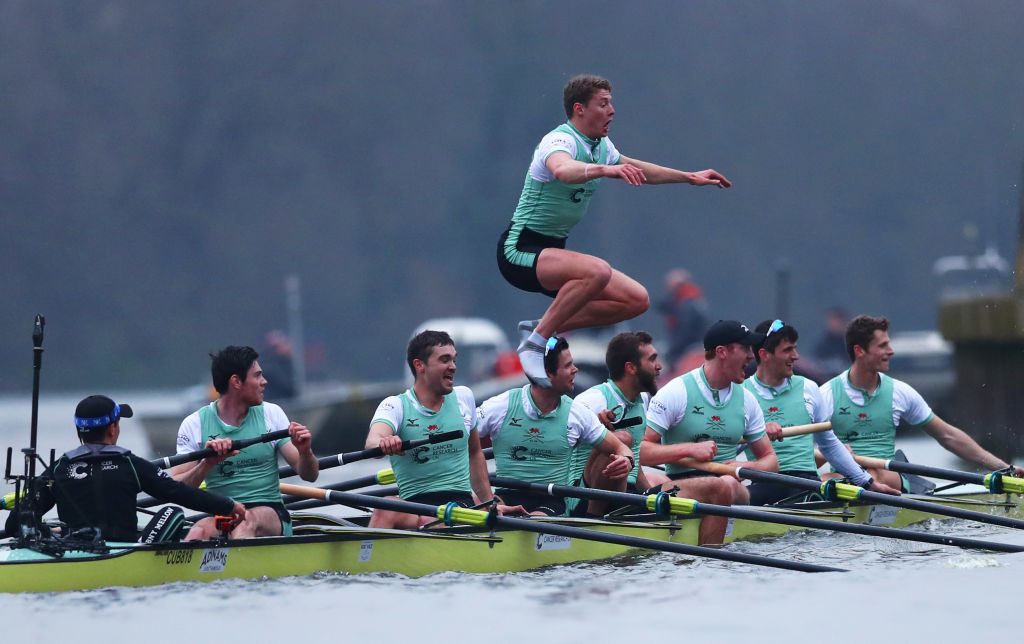The Boat Race has always been a bit of an odd fish. How extraordinary that a contest between two small, ancient universities should have captivated national — and international — audiences for so long. The first race was held in 1829, and the BBC has televised it (with a few years of interruption) since 1938. That is, until now.
That’s because the broadcaster has just lost the TV rights to the Oxford-Cambridge race to Channel 4. The reason isn’t entirely clear. Some BBC sources say it’s because the return on investment isn’t good enough. Others say Alex Kay-Jelski, the Corporation’s Director of Sport since last year, appeared to show “very little enthusiasm” during negotiations and is rumoured to think of the race as elitist.
Whatever the precise cause, the news is typical of today’s BBC, which has almost entirely lost its traditional, romantic side and grown away from its roots, once so embedded in British history.
For the last 25 years — because of its unique, taxpayer-funded model — the corporation has been pulled back and forth by two opposing forces. Should it appeal to the lowest common denominator to justify the national tax? Or, because it is a national institution, should it broadcast high-minded material and lean into its own history, allowing it to differentiate itself from other broadcasters? After all, this rival output is necessarily dictated by commercial forces for survival, and the channels don’t have a national subsidy on which to rely.
In recent years, the BBC has gone wholeheartedly for the first option, abandoning tradition and intelligent programming in pursuit of popularity. Even commercially successful offerings aren’t spared: close to three million people watched the last Boat Race in April, making it the most-watched sporting event that weekend with more viewers than for the Masters or the Bahrain Formula One Grand Prix.
Perhaps Channel 4 was simply happy to pay more than the BBC. Yet this still amounts to a loss of one of the great sporting events, a contest which once characterised the BBC. Many other fixtures and tournaments have also now migrated to commercial channels, including the Rugby World Cup, the Grand National, and home Test cricket matches.
As Rupert Murdoch realised to his benefit at Sky, live sporting events reliably draw a substantial audience. Lose them, and you lose a huge chunk of your base of viewers. It wasn’t just sports fans who grew up watching these great moments on TV and thereby grew attached to the BBC. The Grand National and the Boat Race, in particular, provided rare occasions where people who never watched sport — and certainly not racing or rowing — would tune in.
Looked at coldly and unromantically, it is strange that the Boat Race should make so many pulses race. Millions support one university or the other without having attended either of them — or ever visiting Oxford or Cambridge. Even in foul weather, upwards of 200,000 people gather on the banks of the Thames to watch the race in person each year.
This might seem odd, but oddness is closely related to wonder and magic. The things that make historic sporting events quirky and idiosyncratic are what make them unique and compelling. It was once the same with the BBC. The more unusual and eccentric it was, the more loved it became. As it has stripped away its enchanting oddities, it has become more and more like any other channel — and less and less worthy of a tax-paid subscription.

